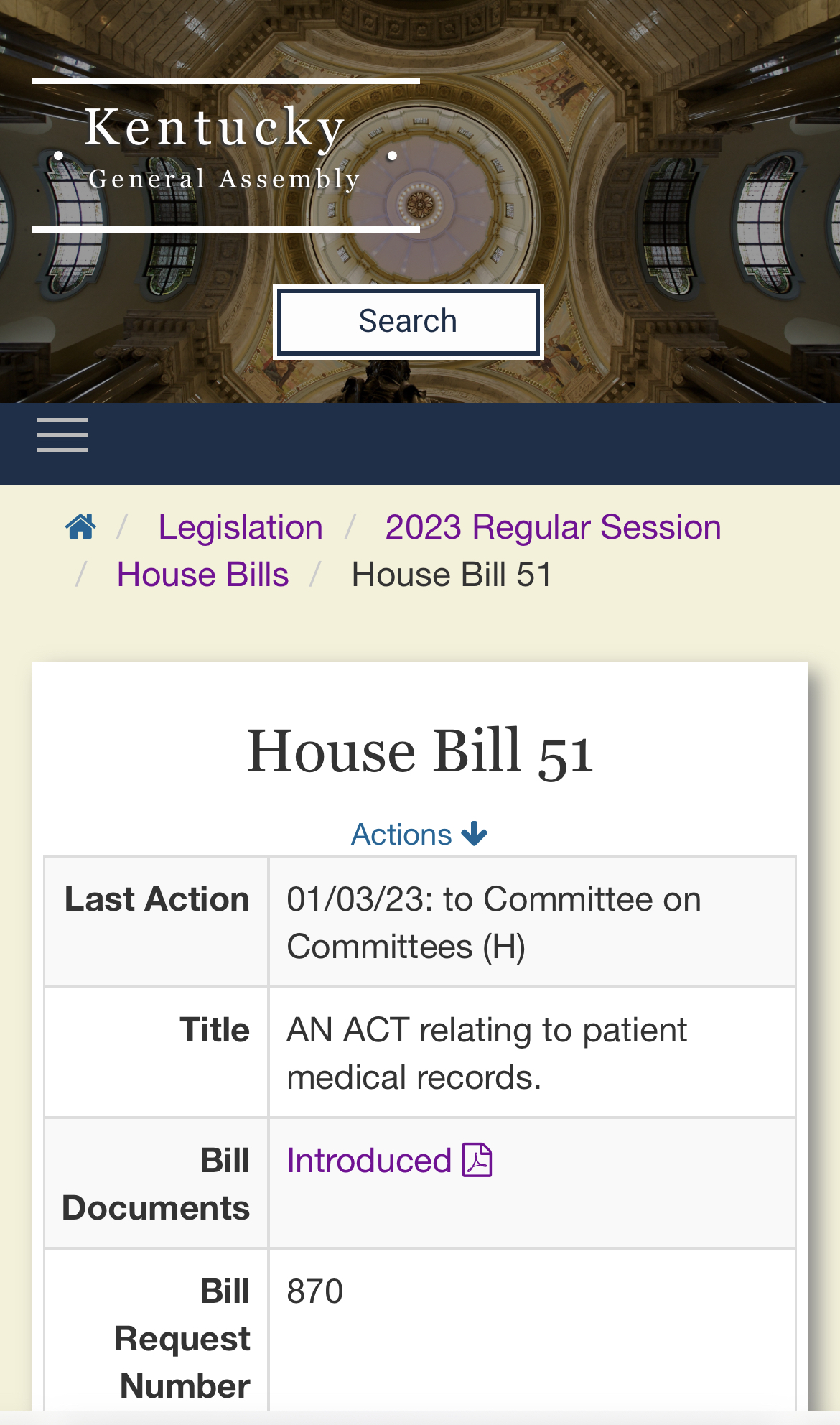
Move along, folks. Nothing to see here.
Just another attempt by Kentucky lawmakers to take from the poor and give to the rich.
The pretext for this most recent money grab is the “huge burden on the health care system when it comes to medical records" and a promise to “lower overall health care costs."
https://www.wpsdlocal6.com/newsletter_stories/people-could-pay-hundreds…
HB 51, sponsored by Representative Kim Moser (R-Taylor Mill), is described as an act to "[a]mend KRS 422.317 to establish standards and procedures for access to copies of patient medical records."
https://apps.legislature.ky.gov/record/23rs/HB51.html
Fair enough.
But the bill goes further.
It eliminates a patient’s nearly thirty year old right to obtain one free copy of the patient’s medical records from hospitals and health care provider -- and a second copy for no more than one dollar per page -- "upon request either by the patient or the patient's attorney or the patient's authorized representative.”
https://apps.legislature.ky.gov/law/statutes/statute.aspx?id=18145
With limited exceptions, Moser’s bill establishes a prepaid fee “not [to] exceed twenty dollars for medical records five pages or less in length and one dollar per page for each page copied after the first five pages and the actual cost of mailing.”
KRS 422.317 was enacted in 1994 in response to mounting concerns about unconscionable fees imposed on patients by hospitals and medical providers for copies of their own medical records. This included hospitals and medical providers that outsourced copying of the patients' medical records to profit-driven vendors and thereafter demanded prohibitively excessive fees.
It was an issue that regularly presented itself to the Office of the Attorney General in the context of excessive copying fee disputes between public hospitals and patients. The open records law limits copying fees to actual costs incurred, excluding staff costs.
These disputes culminated in the 1995 case, Hardin County v. Valentine, in which the Kentucky Court of Appeals refused to treat medical records in the custody of a public hospital as public records — subject to the reasonable fee provision of the open records law — permitting Hardin Memorial Hospital to recover the actual and reasonable expenses incurred in reproducing the records, including personnel costs, but excluding “‘billing and bad debt expense’ and ‘space expense,’ because they were expenses not actually incurred.”
Noting the passage of KRS 422.317 as the litigation proceeded, the court in Valentine twice emphasized that that “while $1.00 may be reasonable for one of a few pages, other considerations become relevant for copying large records.”
In 2013, the Kentucky Court of Appeals revisited KRS 422.317, rejecting a claim that the statute was unconstitutional. The court held:
“Placing this minimal burden on health care providers is rationally related to the legislature’s objective of ensuring that all patients, including the economically disadvantaged, have free access to one copy of their medical records."
http://opinions.kycourts.net/coa/2012-CA-000563.pdf
The court was satisfied that "the state interest in providing medical records to patients outweighs any minor inconvenience to the providers.”
Rep. Moser is not. She proposes a return to those halcyon days of what will be, at least for some, cost prohibitive medical records.
Although there are no laws in Kentucky establishing the ownership of, or a property right in, medical records, it is clear that the information they contain belongs to the patient and that it cannot be shared without the patient’s approval. The patient should not be denied access to, or a copy of, those records, because the patient lacks the financial resources to pay for them.
It is doubtful that, if enacted, HB 51 will do anything to relieve the purported "burden” on hospitals and healthcare providers or lower “overall health care costs.”
But there can be no doubt that -- as past lawmakers and the courts recognized -- it will harm economically disadvantaged patients.


